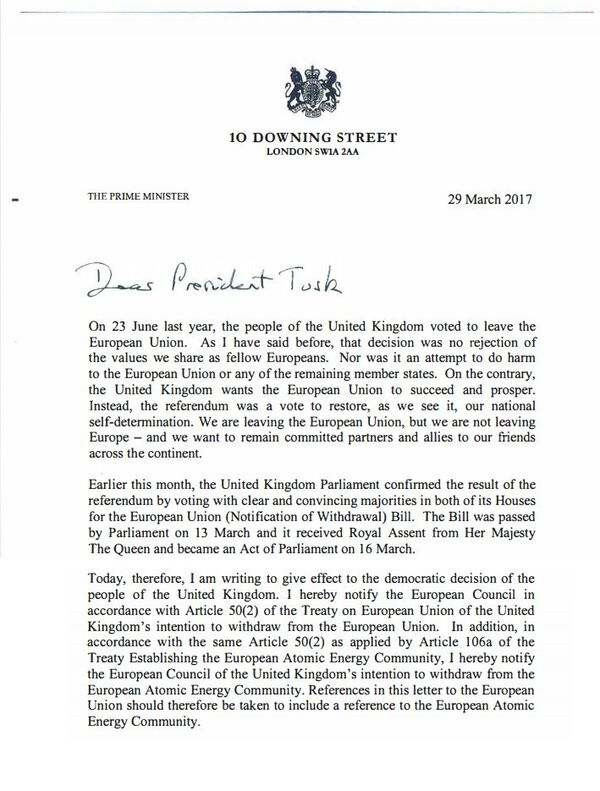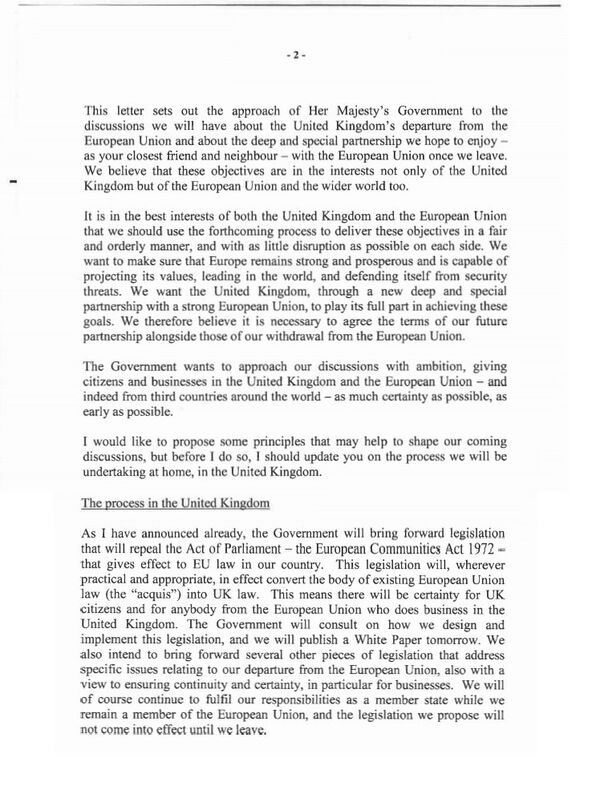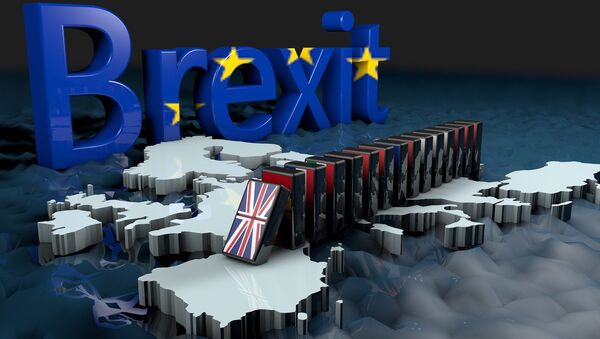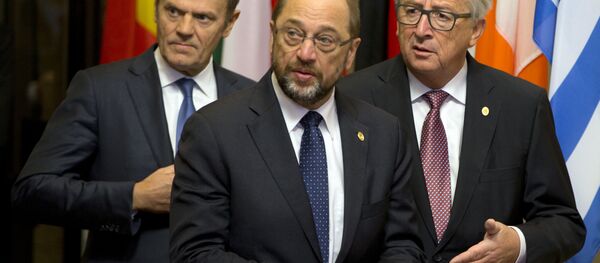May now faces the uphill task of negotiating Britain's exit from the EU and its new trade deal with the remaining bloc.


The message from Brussels has been clear: there will be no trade deal until Britain has "divorced" from the EU and paid its outstanding dues.
The talks will be so convoluted that — according to the UK Institute for Government (IfG) — May needs to form a "war cabinet" to better control key messages.
"The rapid pace of the negotiations will require the Government to adopt a ‘War Cabinet' approach. It mirrors the approach used by prime ministers of the recent past to make decisions during armed conflicts or incidents like foot and mouth, when normal Cabinet committee processes are too cumbersome to keep pace with the demands of decision making," wrote Oliver Ilott, Senior Researcher with the IfG in his blog.
The Prime Minister needs a 'War Cabinet' to run #Brexit negotiations, says @Oliver_ilott https://t.co/CDvD9BDopS pic.twitter.com/SfEt74NqW3
— Institute for Gov (@instituteforgov) 28 March 2017
The "war cabinet" would likely comprise May herself, with Foreign Secretary Boris Johnson, Secretary of State for Exiting the EU (DExEU) David Davis, International Trade Secretary Liam Fox, and Home Secretary Amber Rudd as the core team.
"The exact personnel of this group would of course also provide an insight into how Theresa May intends on handling the politics of Brexit, but membership should be based on the power to make decisions, not political balance," Ilott said.
PM: The Article 50 process is now underway. Read the @HouseofCommons statement: https://t.co/1oHSaD3KCg pic.twitter.com/qAPFFkvuSG
— UK Prime Minister (@Number10gov) 29 March 2017
"This group would need to meet frequently and be kept up to date with the minutiae of negotiations. That means having a secretariat from DExEU, who is able to extract and process the necessary information and analysis from across Whitehall to tight deadlines."



